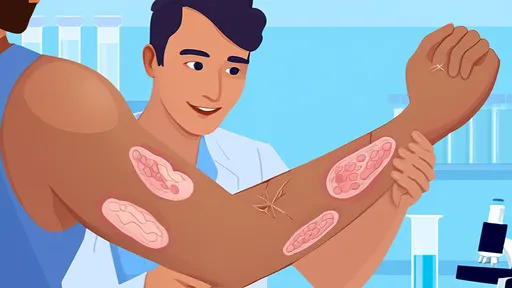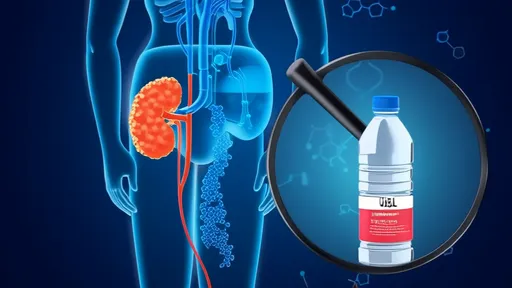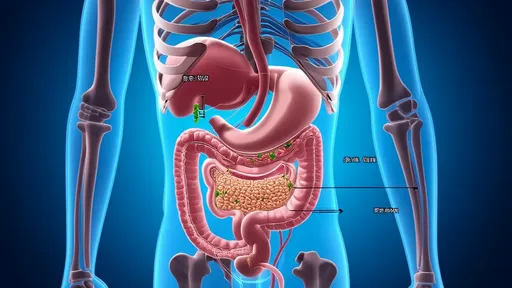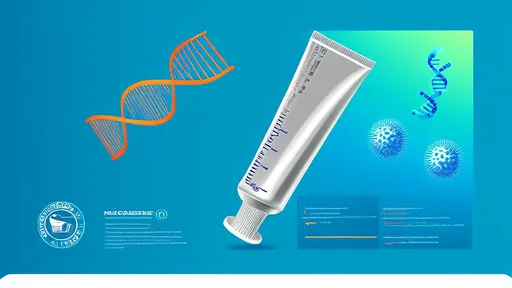Have you ever wondered why some people seem to heal from cuts, scrapes, or surgical incisions much faster than others? The speed at which wounds heal can vary significantly from person to person, influenced by a combination of biological factors, lifestyle choices, and even psychological well-being. Understanding these variables can help anyone optimize their body’s natural healing processes.
Genetics play a crucial role in wound healing. Some individuals are simply born with a genetic predisposition that allows their bodies to repair tissue more efficiently. Certain genes regulate collagen production, inflammation response, and cell regeneration—all of which are critical for closing wounds quickly. Research has shown that people with specific genetic markers experience faster recovery times because their bodies are better equipped to manage the complex cascade of events required for healing.
Age is another determining factor. Younger individuals generally heal faster than older adults due to higher metabolic rates and more robust cell turnover. As we age, our skin becomes thinner, blood circulation decreases, and the production of essential proteins like collagen slows down. These changes can delay the healing process, making it crucial for older adults to take extra steps to support recovery.
Nutrition also has a profound impact on how quickly wounds close. A diet rich in vitamins, minerals, and proteins provides the building blocks necessary for tissue repair. For example, vitamin C is essential for collagen synthesis, while zinc supports immune function and cell growth. Dehydration can slow healing as well, since water is vital for maintaining skin elasticity and facilitating nutrient transport to damaged tissues.
Chronic stress and poor sleep can significantly hinder the body’s ability to heal. Stress triggers the release of cortisol, a hormone that suppresses immune function and prolongs inflammation. On the other hand, deep sleep is when the body releases growth hormones that accelerate tissue repair. Those who manage stress effectively and prioritize rest often notice their wounds heal more rapidly.
One of the most effective ways to speed up wound recovery is to keep the area clean and properly moisturized. Infections are a major cause of delayed healing, so gently washing the wound with mild soap and water can prevent bacteria from taking hold. Applying an antibiotic ointment and covering the wound with a sterile bandage creates an optimal environment for new tissue to form. However, excessive dryness or moisture can both be detrimental—finding the right balance is key.
Staying active boosts circulation, which in turn promotes faster healing. Exercise increases blood flow, delivering oxygen and nutrients to the wound site while removing waste products. Even light activities like walking can make a difference. That said, it’s important to avoid movements that strain or reopen the wound, as this can set back recovery.
Smoking and excessive alcohol consumption are two habits that can drastically slow down healing. Nicotine constricts blood vessels, reducing the supply of oxygen to the wound, while alcohol dehydrates the body and weakens the immune system. Quitting smoking and moderating alcohol intake can lead to noticeable improvements in recovery speed.
Hydration is often overlooked but plays a vital role in wound repair. Water helps maintain skin integrity and supports every cellular process involved in healing. Drinking enough fluids ensures that nutrients are efficiently transported to the wound and that toxins are flushed out. Herbal teas and water-rich fruits can also contribute to overall hydration levels.
Finally, listening to your body and giving it the rest it needs can’t be overstated. Pushing through pain or ignoring signs of infection can prolong recovery. Taking time to relax, elevating the injured area to reduce swelling, and following medical advice are all simple yet powerful ways to encourage faster healing.
While some factors like genetics and age are beyond our control, adopting healthy habits can significantly influence how quickly wounds heal. By focusing on proper nutrition, stress management, and wound care, anyone can create an environment conducive to swift recovery. The body’s ability to heal is remarkable, and with the right support, it can work even more efficiently.

By /Aug 19, 2025

By /Aug 19, 2025

By /Aug 19, 2025

By /Aug 19, 2025

By /Aug 19, 2025

By /Aug 19, 2025

By /Aug 19, 2025

By /Aug 19, 2025

By /Aug 19, 2025

By /Aug 19, 2025

By /Aug 19, 2025

By /Aug 19, 2025

By /Aug 19, 2025

By /Aug 19, 2025

By /Aug 19, 2025

By /Aug 19, 2025

By /Aug 19, 2025

By /Aug 19, 2025

By /Aug 19, 2025

By /Aug 19, 2025